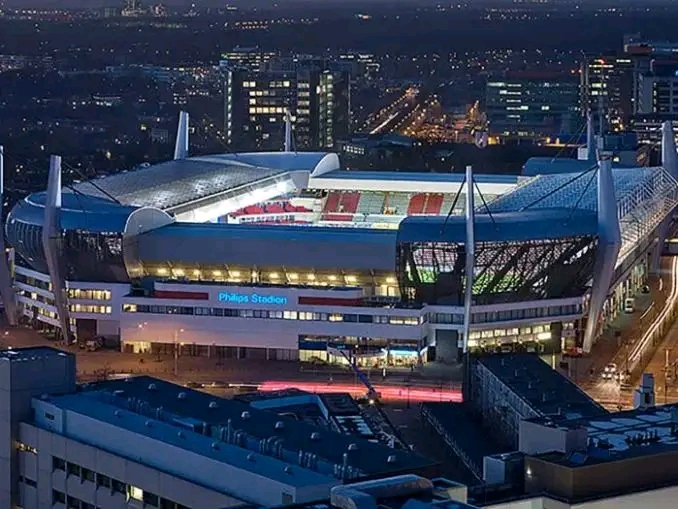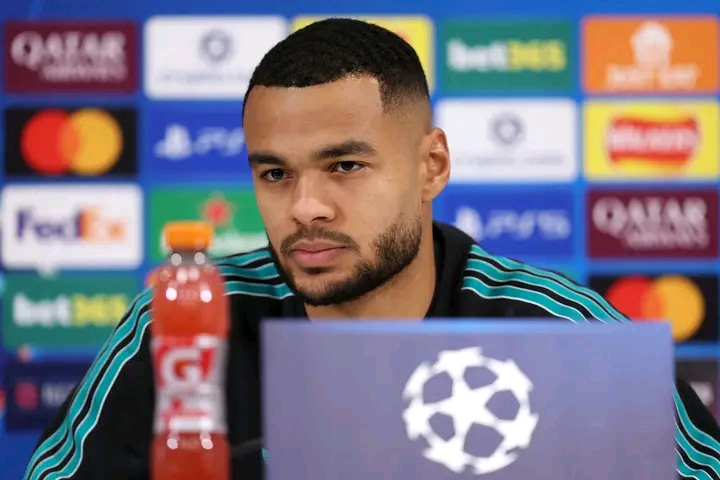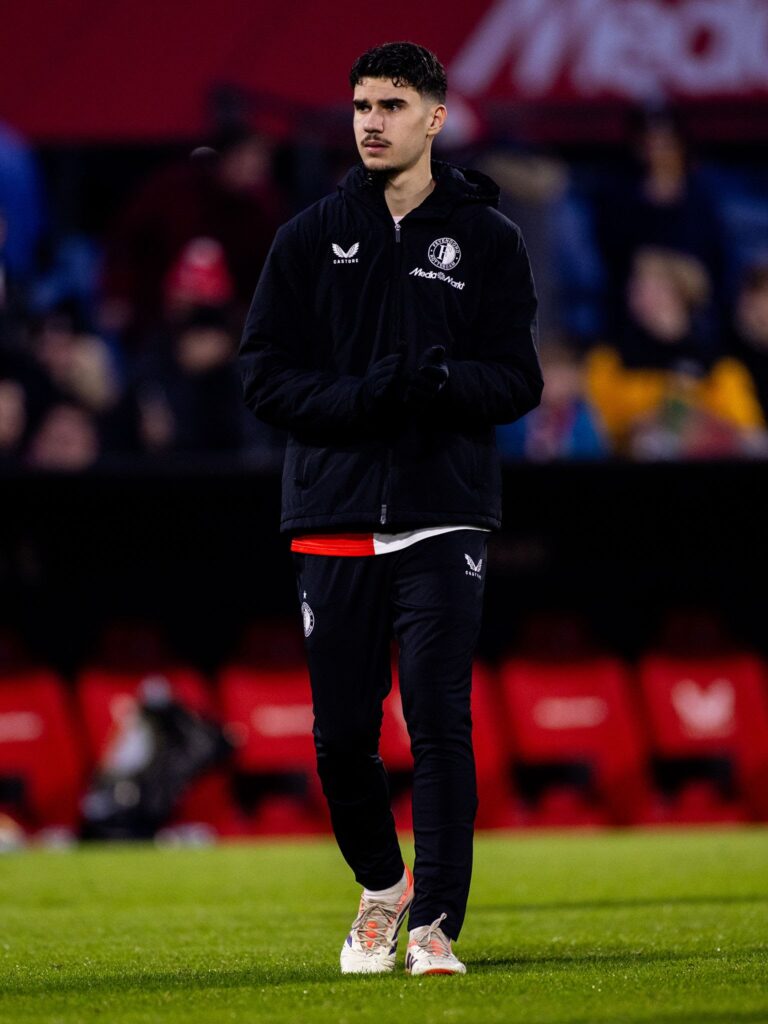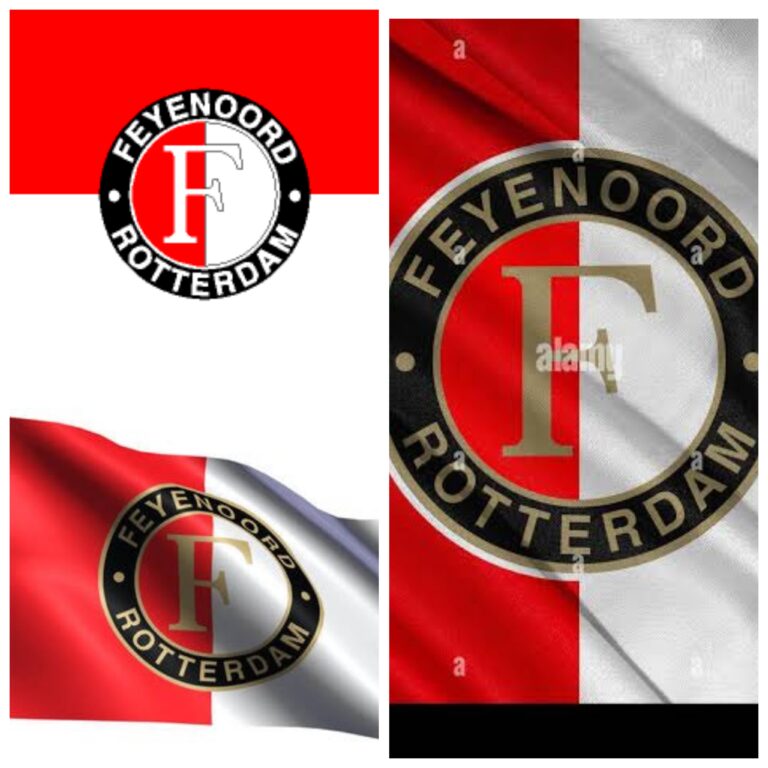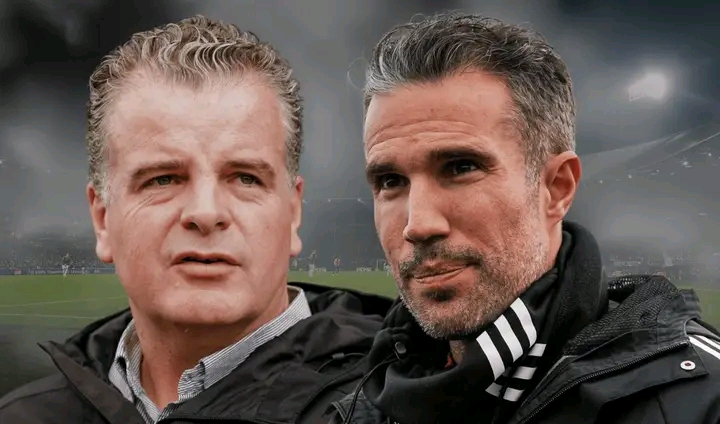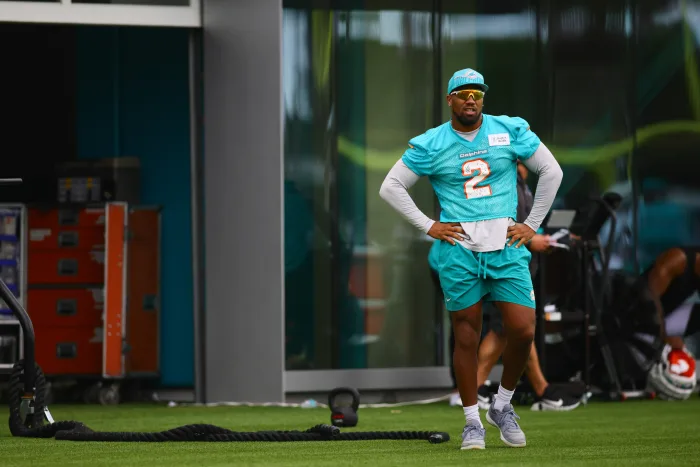
Bradley Chubb’s tenure with the Miami Dolphins has been under increasing scrutiny, and that spotlight intensified this week after his contract was named one of the worst in the NFL by multiple analysts and salary cap experts. Once viewed as a cornerstone acquisition for a rising defense, Chubb’s deal is now being cited as a cautionary tale in the high-stakes world of NFL contract negotiations.
When the Dolphins traded for Chubb in November 2022, they sent a first-round pick to the Denver Broncos and immediately signed him to a five-year, $110 million extension, with $63.2 million guaranteed. At the time, the move was seen as aggressive but justifiable. Miami was pushing for a playoff run, and Chubb, a former Pro Bowler, brought high-level pass rushing ability and familiarity with then-defensive coordinator Vic Fangio’s scheme.
Nearly two years later, however, the return on investment hasn’t matched the price tag. Chubb has battled injuries and inconsistency, and while he’s shown flashes of his talent, he hasn’t produced at a level that justifies a top-tier edge rusher contract. In 2023, Chubb recorded eight sacks in 16 games—respectable, but not elite production for a player with a cap hit north of $20 million.
In addition to statistical underperformance, availability has been a major concern. Chubb ended the 2023 season on injured reserve after tearing his ACL in Week 17, an injury that puts his availability for the start of the 2024 campaign in question. This latest setback adds to a long injury history dating back to his early years in Denver, where he missed significant time with knee and ankle injuries.
According to an evaluation by Spotrac and Pro Football Focus, Chubb’s deal ranks among the least team-friendly in the league when weighing guaranteed money against production and positional value. Analysts have pointed out that the Dolphins are now locked into a massive cap commitment to a player who may not be at full strength for the foreseeable future and whose impact on the field has been eclipsed by younger, cheaper talent.
Financially, the Dolphins are in a bind. Chubb carries a cap hit of over $26 million in 2024 and $23 million in 2025, with limited options for early escape due to dead money penalties. Unless he returns to peak form and stays healthy, Miami’s front office may be forced to restructure or eat significant dead money just to move on.
This comes at a time when the Dolphins are juggling several major financial decisions. Star quarterback Tua Tagovailoa is eligible for a long-term extension, wide receiver Jaylen Waddle has already secured his own, and cornerstone defenders like Jaelan Phillips and Jevon Holland will also command major paydays soon. Every dollar counts, and Chubb’s contract is beginning to look like a luxury the team cannot afford.
From a roster-building perspective, Miami may have to lean on depth pieces and unproven talent at edge rusher while Chubb recovers. The team is hopeful for a full return from Jaelan Phillips, who also suffered a season-ending Achilles injury last year, and is banking on 2024 additions to help stabilize a pass rush that lost cohesion late last season.
Despite the criticism, Chubb still has the support of his coaches and teammates, who value his leadership and work ethic. Defensive line coach Austin Clark recently spoke to reporters about Chubb’s rehab, noting that the linebacker has been “relentless” in his approach to recovery. “He wants to be out there. He wants to prove to everyone that he’s still that guy,” Clark said.
Chubb himself has remained quiet publicly, but sources close to him say he’s aware of the criticisms and is using them as motivation during his rehab process. Still just 28 years old, he has the physical tools to bounce back—if he can stay healthy and return to the form that made him the fifth overall pick in the 2018 draft.
The Dolphins are betting that Chubb can still deliver value over the remainder of his contract. But unless he regains his Pro Bowl form quickly, his deal will continue to be viewed as one of the more regrettable financial decisions in recent NFL memory—a reminder of how quickly promise can give way to pressure in the unforgiving world of professional football.
As Miami looks ahead to a pivotal 2024 season, the spotlight on Chubb will only intensify. His performance—or lack thereof—could significantly impact the team’s success and its financial flexibility for years to come.
